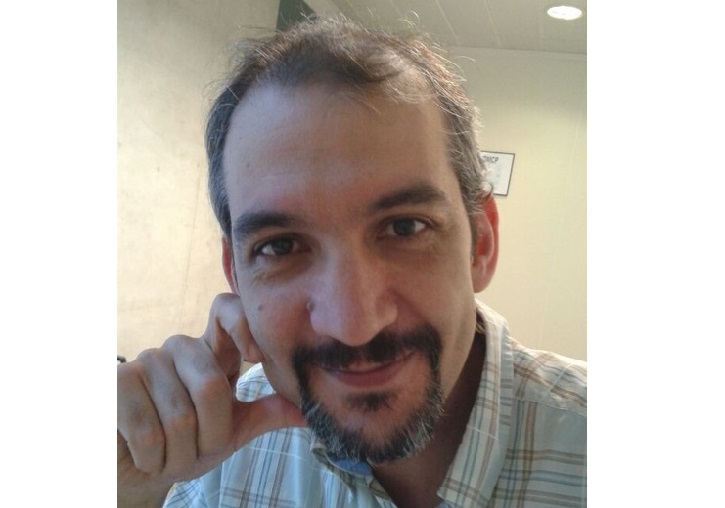Users
Social media
- More details here...
- Address
Parc Científic de la Universitat de València C/
Catedrático Agustín Escardino, 9
46980 Paterna (Valencia) Spain - Email:
iu.i2sysbio@uv.es - Phone:
(+34) 963544810
- Address
Links
I2SysBio investigates the use of defective particles that “sabotage” the COVID-19 virus

Investigation
I2SysBio investigates the use of defective particles that “sabotage” the COVID-19 virus

A project from the Institute of Integrative Systems Biology led by researcher Santiago Elena is developing a treatment against COVID-19 based on “defective interference particles” (DIP), fragments from the same virus, which replicate inside the cells and hinder the spread of the virus to the point of eliminating its ability to replicate.
The CoV2TIP project proposes an antiviral method that involves the use of the same viral replication mechanisms, which turn against the virus at the moment that defective particles that the virus itself generates come into action and that interfere with the action of the pathogen.
The research, led by Professor Santiago Elena, is funded by the CSIC, which participates jointly with the University of Valencia, and seeks to apply this knowledge to combat the current COVID-19 epidemic.
“This is something that has been known since the middle of the 20th century to exist in other viruses; in influenza, polio, rabies, in all RNA viruses, including coronaviruses. Our objective, then, is to know how many of these defective ones exist, as they accumulate in patients, and then look to see if there is an effect on the replication of the virus," declared Santiago Elena.
First, explains the researcher, work is being done on a selection and characterization of these particles that interfere with the action of the virus, and the next phase will be the optimization of this interference function that will give rise to the so-called therapeutic particles (TIP).
These particles, explains Elena, are fragments of genetic material that originate accidentally during the virus replication process, but that have the ability to be replicated again. The particles compete with the “whole virus” and hinder its action to the point of preventing its spread.
The fragments can be “encapsulated” and take the form of the virus, so they can go out and act on their own, but unlike the virus, these particles cannot replicate, for example, if they enter a cell alone, so they are harmless. If these particles, however, enter together with the complete virus, they will be able to "parasitize" the virus so that it replicates these harmless particles at the expense of the virus.
By encapsulating themselves, explains Santiago Elena, it allows them to take on an immune function, since the body recognizes these particles and activates the creation of antibodies, which turns these interfering particles into a kind of "live vaccine that can evolve."


